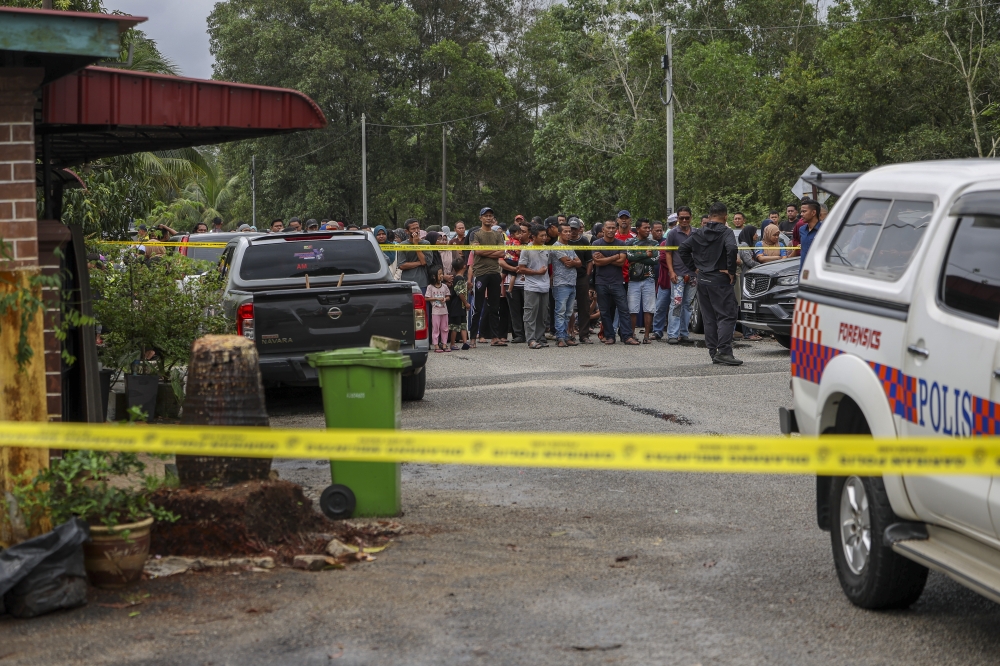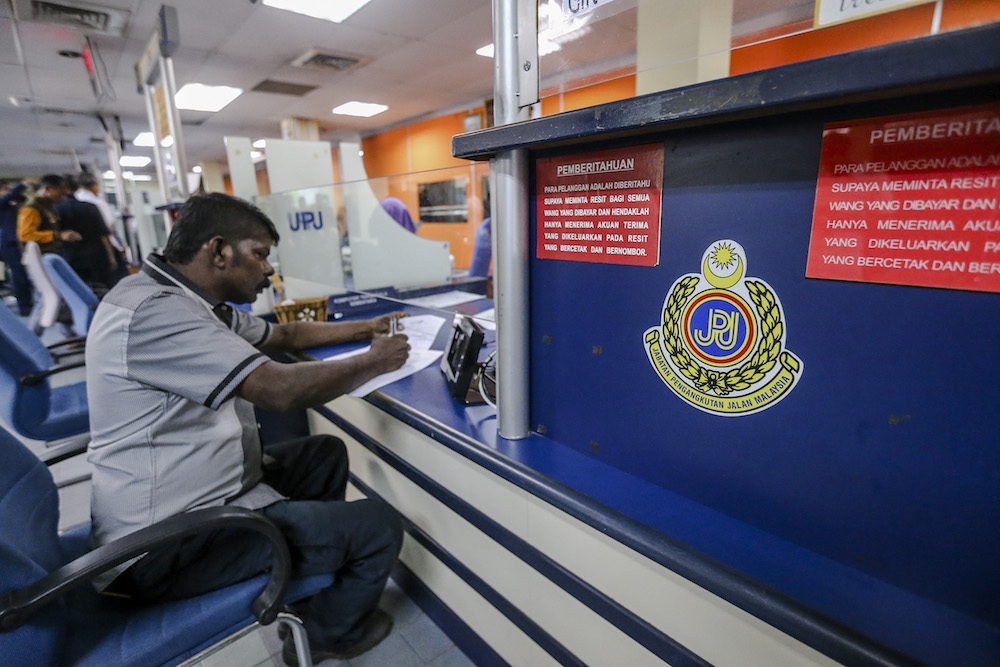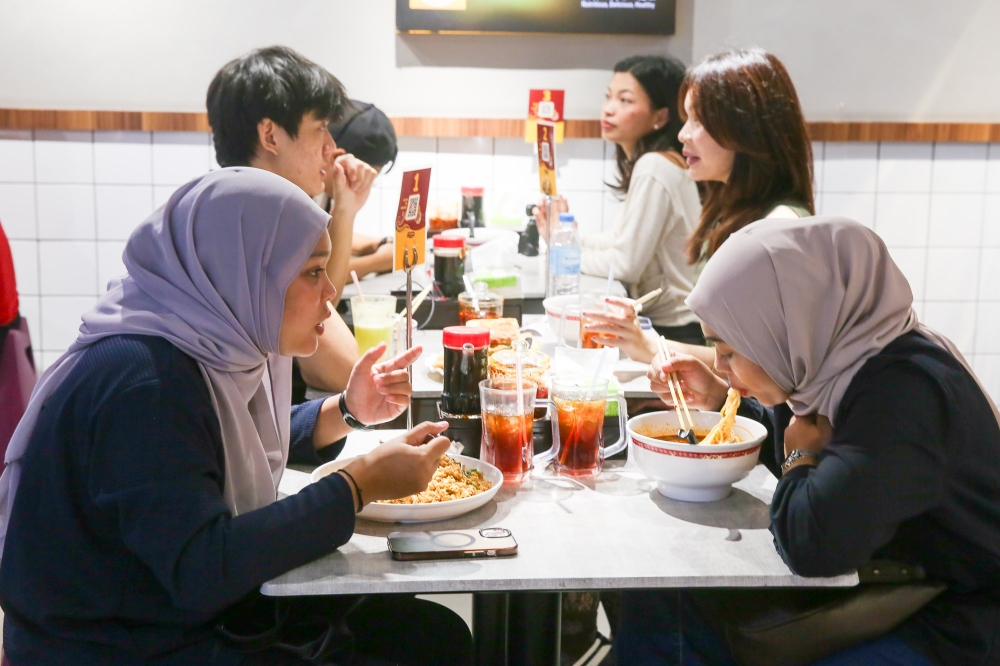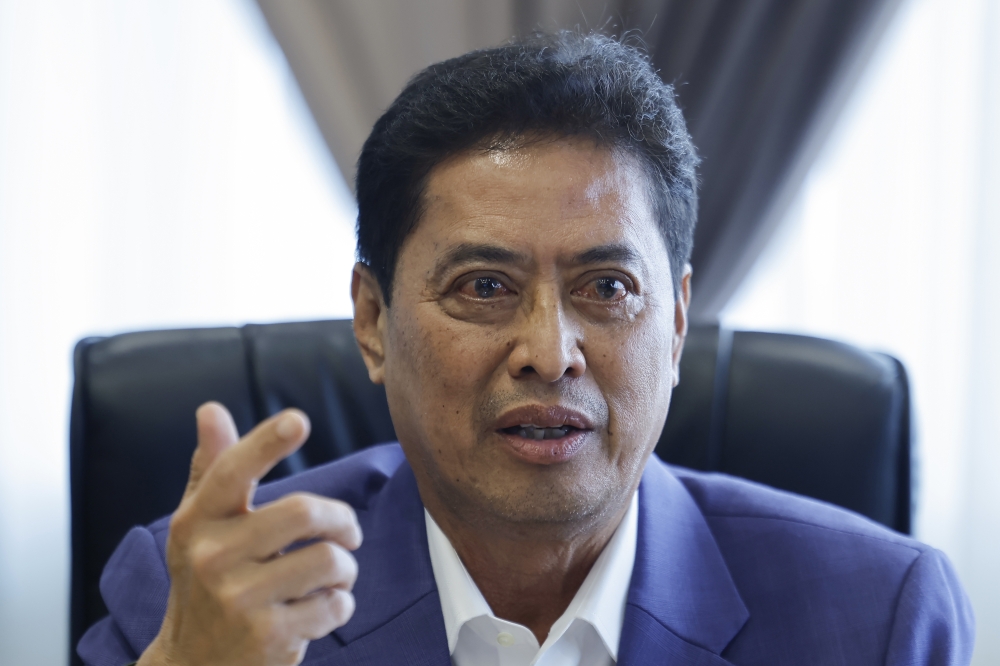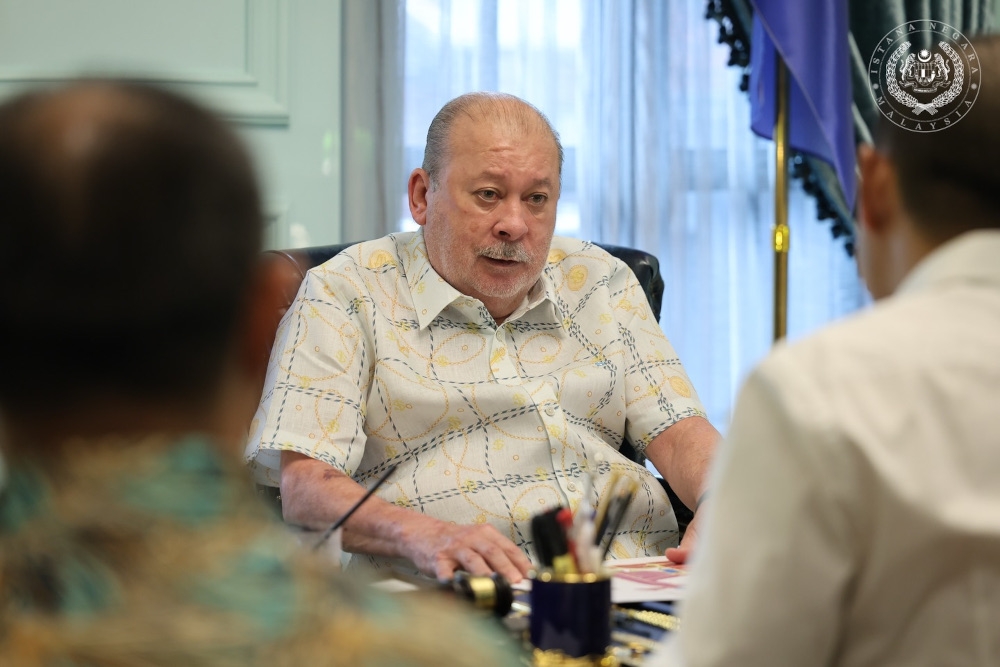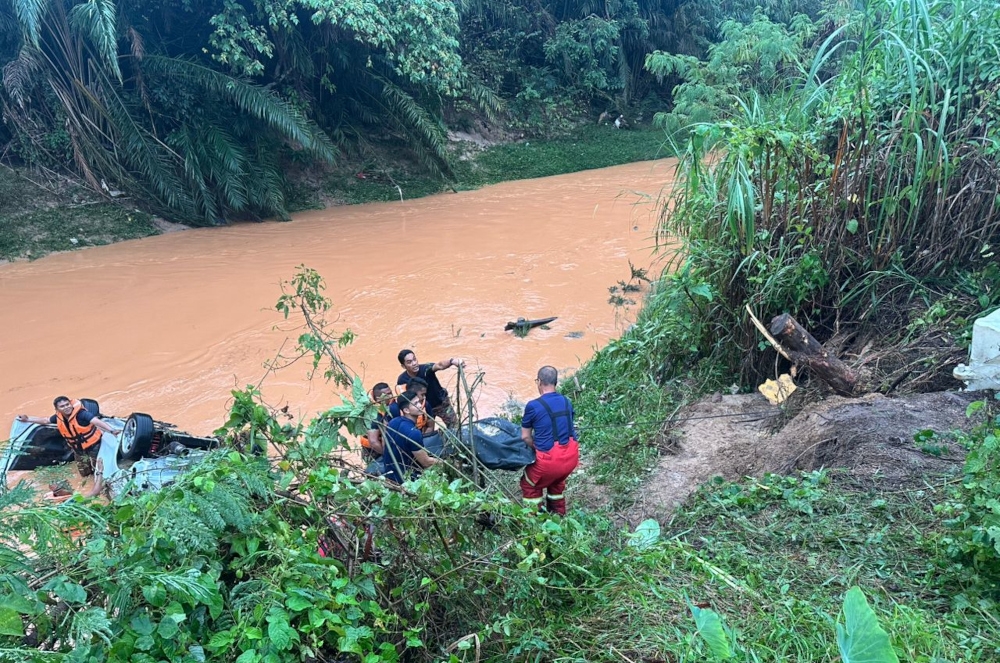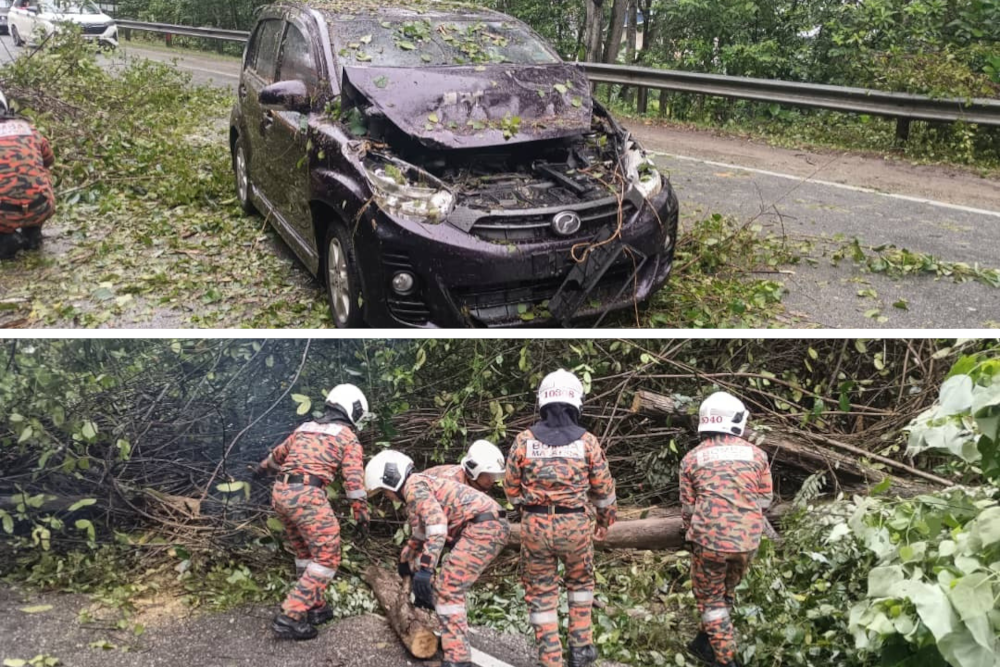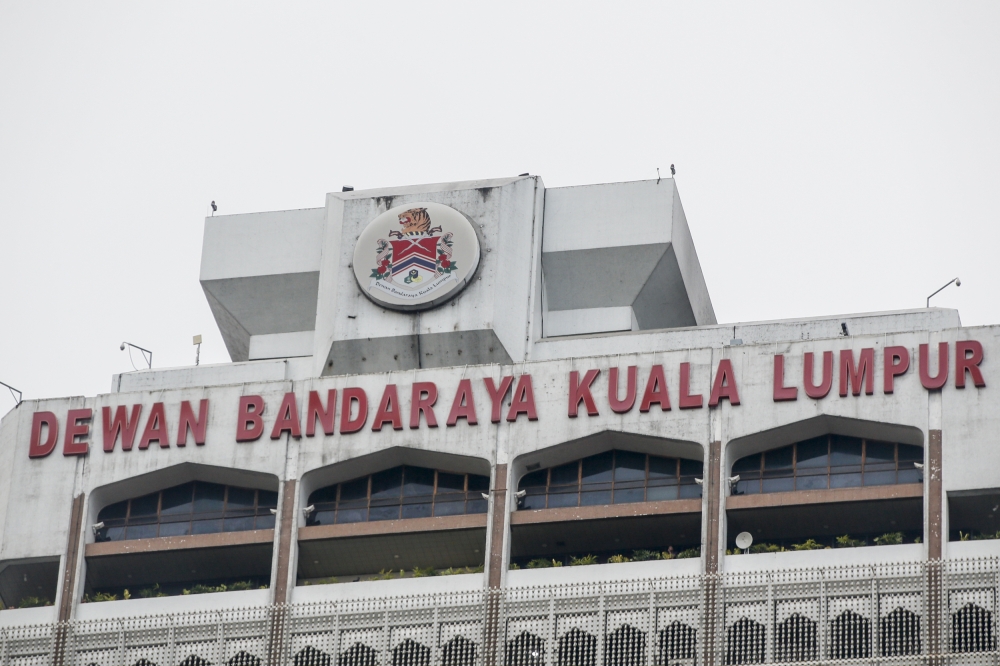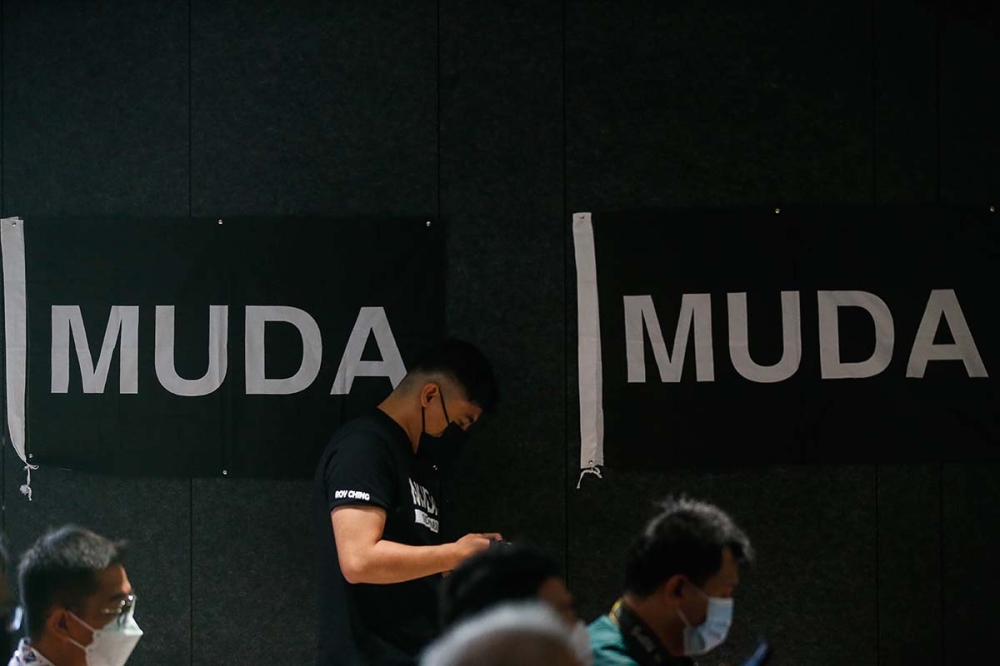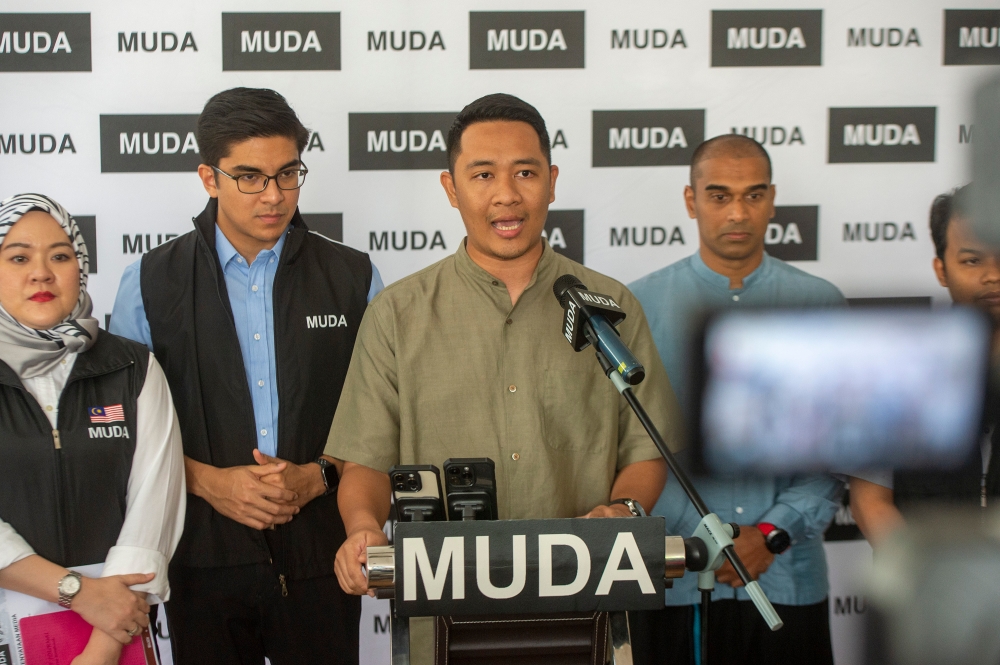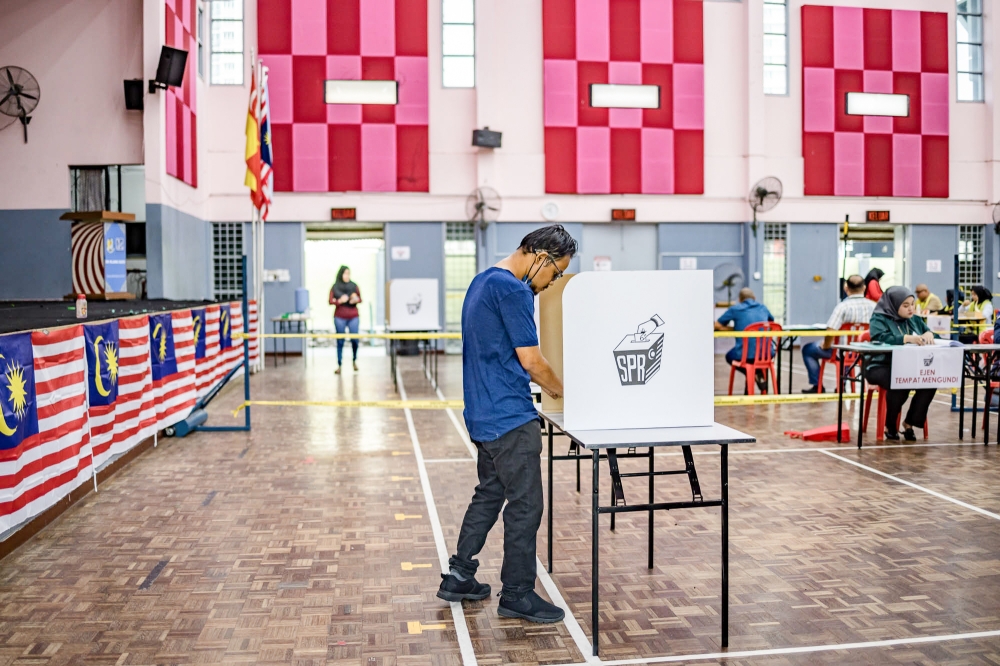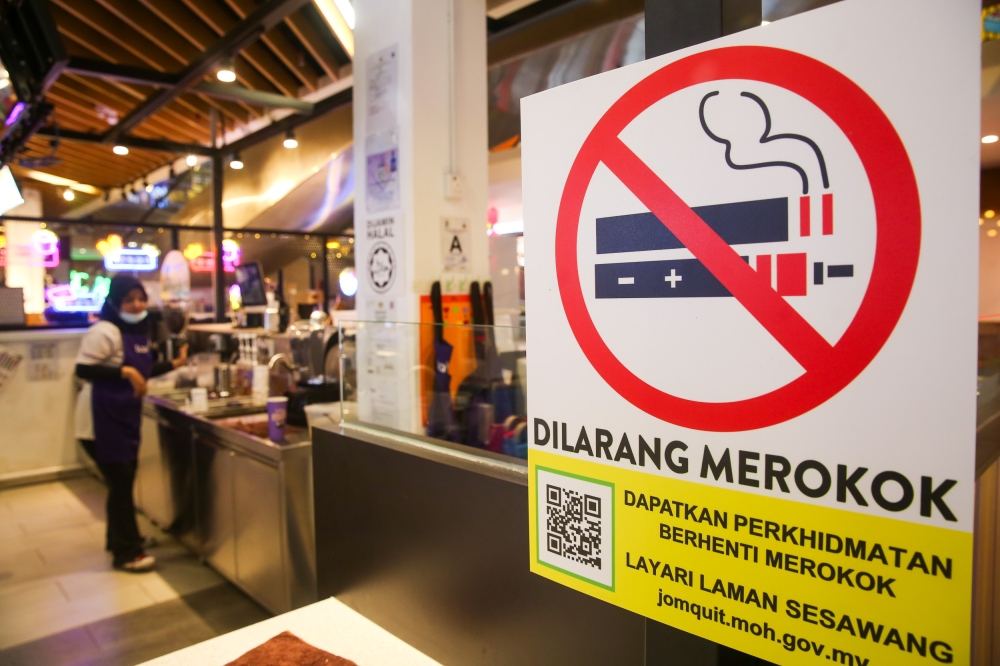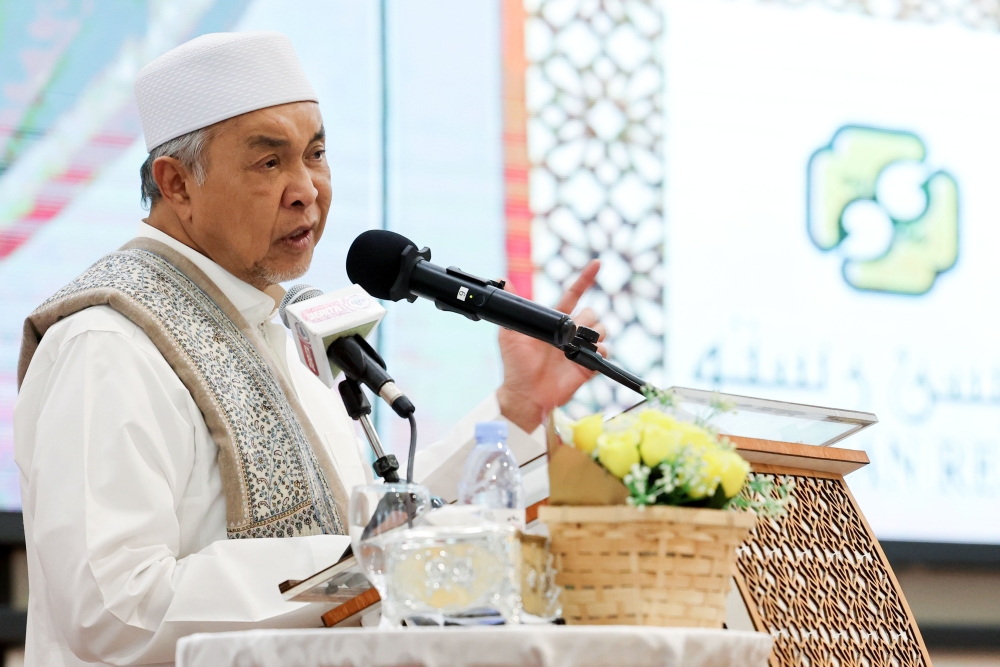KUALA LUMPUR, Aug 17 — Despite a disastrous outing in the six state elections, analysts polled by Malay Mail said Malaysian United Democratic Alliance (Muda) just needs more time and experience to score better performances.
The political observers said now that the state elections have wrapped up, the fledgling party should continue its outreach to voters, with Universiti Putra Malaysia’s Datuk Jayum Jawan saying collecting experience and knowledge will allow it to actually bring something to the table instead of relying on luck.
“Muda is not going anywhere. The recent state elections were its second disastrous outing,” he told Malay Mail, referring to Muda’s first foray in the 15th general election.
The political science professor highlighted how Muda’s main disadvantage is its competition with youth wings of more established parties and their splinters, such as Umno Youth, Puteri Umno, PAS Youth, PKR’s Angkatan Muda Keadilan, DAP Socialist Youth, and Parti Pribumi Bersatu Malaysia’s Armada.
“Malaysia can wait for it,” he said, referring to Muda and its future potential.
Meanwhile, International Islamic University Malaysia’s Syaza Shukri said another of Muda’s disadvantages is voters’ perception that it is out of touch with the public.
Echoing Jayum, Syaza said Muda must work the ground to gain more support in order to combat the impression.
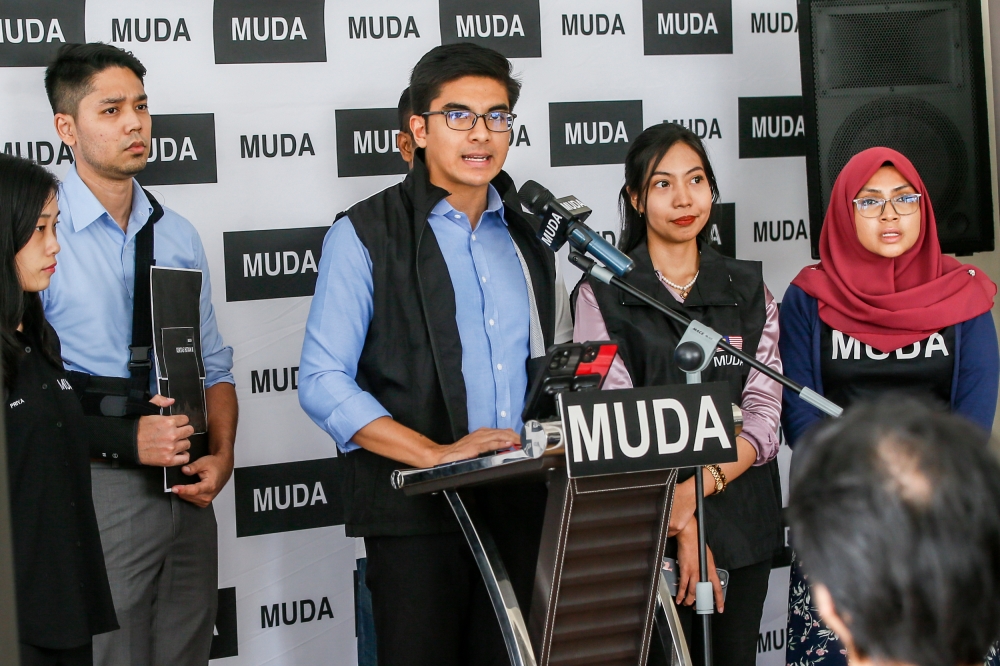
“They need to focus on the people — not their candidates. Muda has been pushing their candidates who are not recognised by voters.
“So go to the people for the next few years,” the assistant professor of political science said.
Syaza however noted how Malaysia’s first-past-the-post (FPTP) electoral system does not work in the party’s favour.
The system, which was adopted from Britain, requires a winner to simply be the candidate who gets the most votes out of the total ballots cast. Therefore, a candidate who does not command the majority can still win as long as they lead other candidates.
Sunway University’s Wong Chin Huat agreed with Syaza’s analysis of the FPTP system, saying that Muda will need to push for the electoral system to include party-list proportional representation (List-PR) system as well as push for local council elections.
“Muda is trapped in the FPTP electoral system with only federal and state elections where constituencies are large,” the professor said.
He explained that under the FPTP system, smaller parties have two ways of winning representation: by joining a coalition where they are allocated winnable seats or by contesting solo against larger parties with the ability to emerge as one of the two leading candidates.

“Pushing for List-PR and local elections has a better prospect of success now than in the past because these two would also benefit Umno, which is now a medium-sized party and may decline under FPTP and without local council elections,” he said.
Muda has so far been snubbed from joining ruling pact Pakatan Harapan (PH), and was forced to join forces with the Socialist Party of Malaysia (PSM) in the state elections.
However, until the two reforms suggested become reality, Wong said that Muda can do two things: champion issues neglected by larger parties and offer a voice to women and youth in states controlled by Perikatan Nasional (PN).
He explained that if it were to do the latter, Muda would face zero opposition in Terengganu while having an edge in Kelantan, where 39 per cent of registered voters failed to vote.
He said Muda might also have an advantage in Kedah where populist state Menteri Besar Datuk Seri Muhammad Sanusi Md Nor enjoys a “rockstar following among Malay youths”.
Muda lost RM95,000 in deposits in the six state elections due to all 19 of its candidates failing to gain one-eighth or 12.5 per cent of the votes in their respective constituencies.
After the votes were counted, party president Syed Saddiq Syed Abdul Rahman said that the party takes full responsibility for the election outcome.
The Muar MP called Muda’s participation in the state elections a necessary step to build a platform featuring new leaders to demonstrate their ideals to the Malaysian public.

